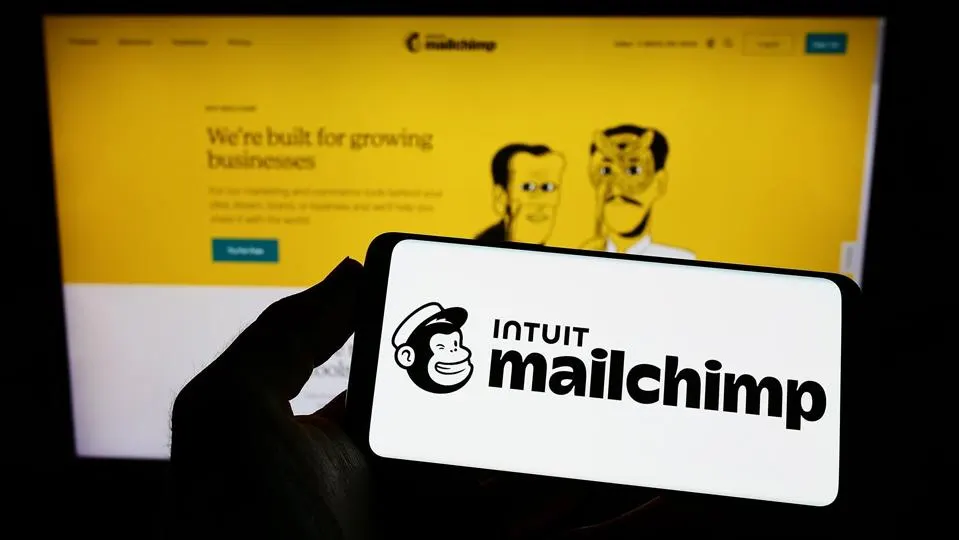Balanced Scorecard: Management Not Measurement
2 July 2021
Balanced Scorecard: Management not Measurement
The Balanced Scorecard is a strategic performance management tool designed for managing strategic performance and not only as a measurement and reporting tool. Kaplan and Norton suggest that the process of strategic performance management consists of four critical processes:
- Clarifying and translating the vision and strategy
- Communicating and linking the strategic objectives and measures.
- Planning and setting targets, and aligning strategic initiatives
- Enhancing strategic feedback and learning
Clarifying and Translating the Vision and Strategy
The process of identifying the strategic objectives and visualising them in a Strategy Map is the starting point for any Balanced Scorecard implementation. Consensus needs to be achieved among senior leaders in an organisation about the key objectives and they way they interrelate. There are often iterations between identifying objectives and mapping them into causal maps as a Strategy Map ensures that all objectives and measures are linked to overall deliverables and isolated objectives or ‘pet projects’ are avoided.
Communicating and Linking the Strategic Objectives and Measures
Communicating the overall vision in form of Strategy Maps with associated KPIs throughout the entire organisation means that objectives are much better understood and local objective and targets can be placed into the overall strategic context. A two-way communication system should be put in place to encourage dialogue between the business units and executive management in order to engage people in the strategy process and to allow feedback.
Planning and Target Setting, and Aligning Strategic Initiatives
Targets should be established for each of the objectives and measured by the KPIs. The target setting process is best done in the context of the strategic initiatives and projects that are linked to each of the strategic objectives. Targets should take into account causal-and-effect lag times and should be stretching but achievable.
Enhancing Strategic Feedback and Learning
In the final stage of the management process, the Balanced Scorecard is integrated into a strategic learning process. Together with Kaplan and Norton I agree that this process is the most important aspect of the entire scorecard management process. It is important to put processes in place which enable managers to learn from their performance information and improve their future decision making. In addition, Strategy Maps and KPIs should be used to challenge and test the business model in order to refine and improve it over time to continuously improve performance.
Related Articles
How Generative AI Will Change The Job Of Real Estate Agents
Real estate agents and other professionals in their industry are in the business of selling good old-fashioned solid bricks and mortar.[...]
How BCG Is Revolutionizing Consulting With AI: A Case Study
In a world where AI is transforming every sector, companies are constantly seeking ways to gain a competitive edge.[...]
The Biggest Education Trends Of The Next 10 Years
Education is changing rapidly. In today’s fast-moving world, a model where we graduate in our youth prepared for a lifelong career is simply no longer valid.[...]
Is This AI’s IPhone Moment?
Today, the term “iPhone moment” is frequently used to refer to a technology breaking through into the mainstream.[...]
AI Politicians: The Future Of Democracy Or A Threat To Freedom?
2024 is a big year for democracy, with over two billion of us voting in elections across the US, India, the EU, the UK and many other countries and territories.[...]
How Mailchimp Hopes To Build The End-To-End AI Solution For SMEs
I often write about AI's potential to transform any business. Yet, a question I frequently get from small businesses is, "Does that really include us?"[...]
Sign up to Stay in Touch!
Bernard Marr is a world-renowned futurist, influencer and thought leader in the fields of business and technology, with a passion for using technology for the good of humanity.
He is a best-selling author of over 20 books, writes a regular column for Forbes and advises and coaches many of the world’s best-known organisations.
He has a combined following of 4 million people across his social media channels and newsletters and was ranked by LinkedIn as one of the top 5 business influencers in the world.
Bernard’s latest book is ‘Generative AI in Practice’.










Social Media